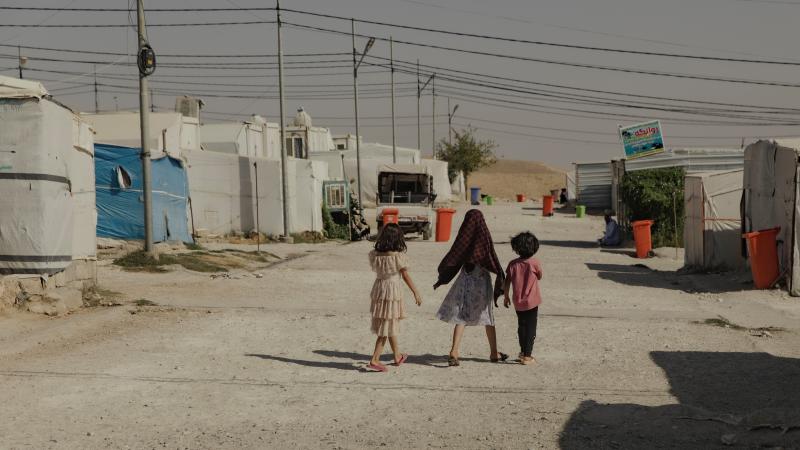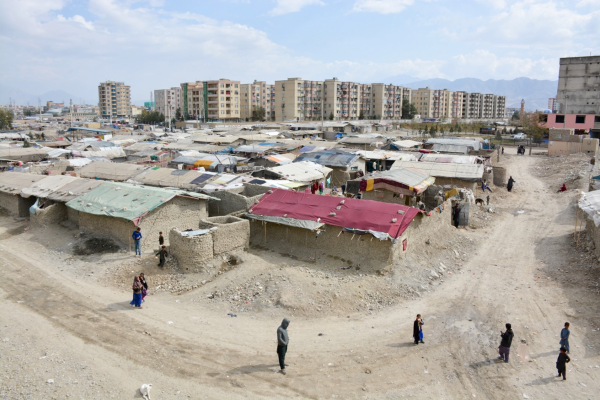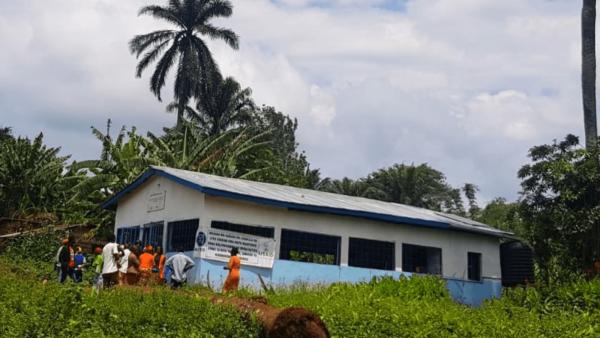Who we are
There has been increasing interest in area-based approaches among humanitarian actors in recent years. The attention responds to both the growing complexity and lengthy nature of displacement, with the majority of IDPs and returnees finding their temporary living solutions with host communities, in slums and informal settlements, without formal structures for their representation and lack of access to basic services and protection. These new trends led CCCM actors to adapt camp management tools and activities to be able to reach, properly assess and understand local dynamics, vulnerabilities, and capacities of the displaced and host populations alike.
Following the publication of the Urban Displacement and Out of Camp Desk Review (UDOC) in 2015, the recognition of the changing displacement trends, led to the creation of the Area-Based Approach Working Group in 2017 at the CCCM Annual Meeting. Since its creation, the ABA WG has been a platform for sharing learning, experiences and challenges for CCCM practitioners, and other humanitarian actors interested in Area-Based Approaches.
The Global CCCM Cluster has explicitly incorporated area-based approaches and responses into its Global Cluster Strategy (2025-2029).
Overall Objective
The working group is a platform for engagement and sharing of learnings for CCCM practitioners for planning and implementing site management activities through area-based approaches, including through the development of tools and guidance to support responses. As such, the WG also contributes to the wider humanitarian discourse around Area-Based Approaches.
The CCCM Position Paper on ABA
The working group published this working paper in 2021, with the aim of clarifying the CCCM Cluster’s position on area-based approaches including operational considerations and opportunities they may have for CCCM actors. The paper builds on previous publications and recent field experiences, to highlight the relevance of CCCM activities and skill sets in applying area-based approaches in humanitarian responses and set up a framework that CCCM Practitioners can apply in order to adapt site management activities and to address some of the pertinent challenges in camp-like settings as well as dispersed contexts.

Area-Based Site Management (ABSM) Training Package
The ABA Working Group released the Area-Based Site Management (ABSM) Training Package in 2024, to help build the capacity of CCCM practitioners and stakeholders in planning and implementing site management activities through area-based approaches. Learn more about the training package and how to access below.


Urban Displacement Outside of Camps (UDOC)
In response to the changing displacement trends, CCCM cluster formulated “the Urban Displacement Outside of Camps (UDOC)” publication in 2015 exploring how CCCM resources, experiences and expertise can be applied to address the needs of displaced populations living in dispersed and/or scattered settings within the host communities. The document sets out a draft framework of an CCCM area-based methodology, with the aim to collectively work towards more multi-sectoral and integrated humanitarian responses. The document does not exclusively focus on the concept of area-based approaches; however, it highlights that CCCM expertise is adaptable to outside camp displacement using an area-based approach.
Subscribe
Subscribe to the Area-based Approach Working Group mailing list
Contact Us
The Working Group is chaired by Isabel Skrine (NRC) and Elena Valentini (IOM)

